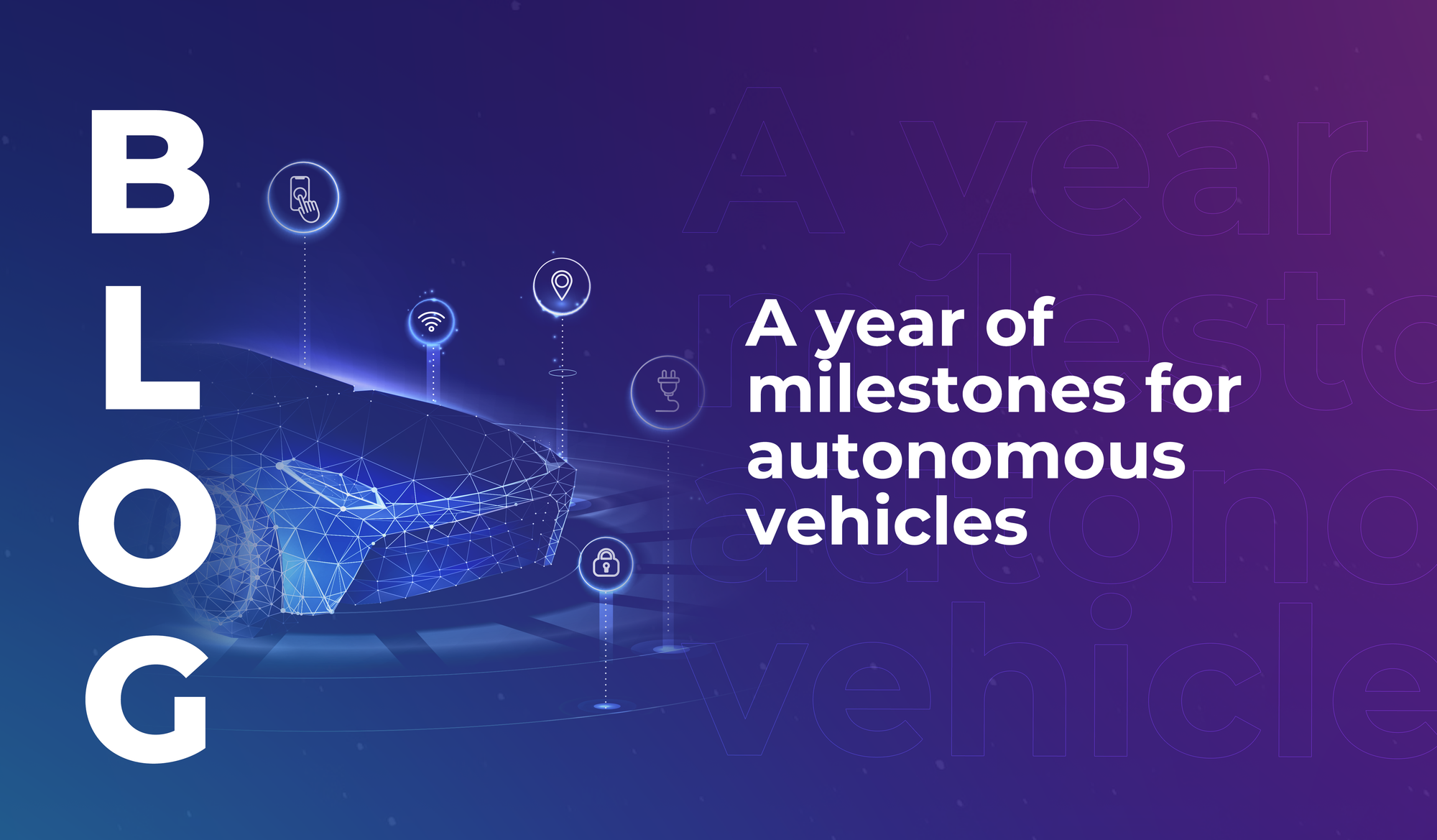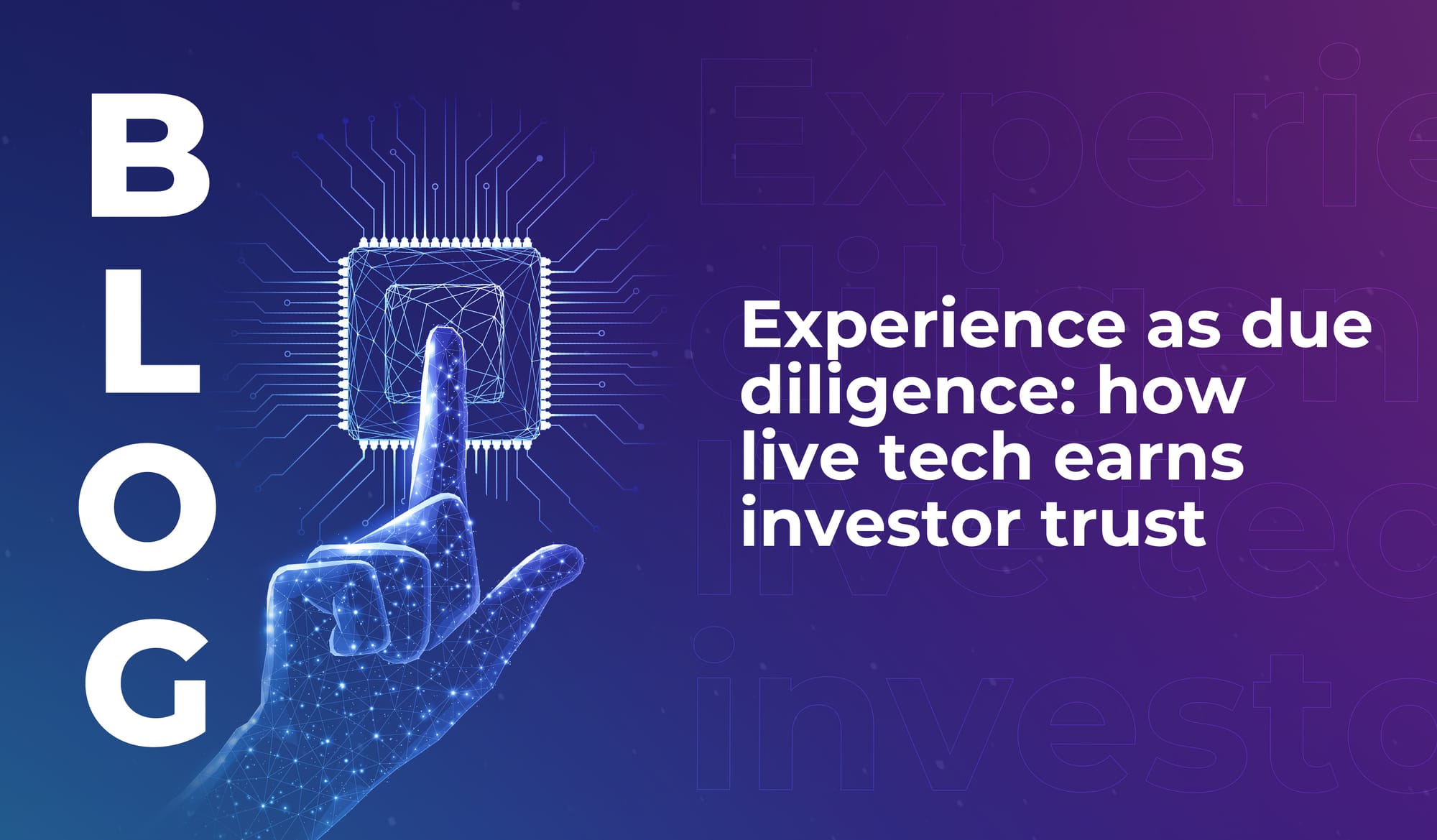
Why CoLAB works: how global brands use events to enter new markets
Learn how global brands use events to enter new markets. Build trust and accelerate relevance through CoLAB collaborations at LEAP.


We’re only in Q2, but 2025 has already proven to be a landmark year for autonomous vehicles (AVs). We’ve seen global expansions and tech breakthroughs alongside regulatory wins, and increased public adoption – all of which signal a promising future for the AV industry.
Here’s a quick look at the key developments that will shape the road ahead.
Waymo, Alphabet’s self-driving unit, has been on a roll. As of April, the company is delivering over 250,000 paid robotaxi rides per week across US cities including Phoenix, San Francisco, Los Angeles, Miami, and Austin.
The company also began testing in Tokyo, its first international market – and plans to launch services in Atlanta and Washington DC by 2026.
In a particularly significant move, Waymo announced a partnership with Toyota to develop autonomous platforms for personally owned vehicles (POVs). This marks Waymo's first foray into licensing its self-driving tech for consumer vehicles, with the potential to expand its reach beyond ride-hailing services.
China’s Baidu continues to lead in AV deployment. Its Apollo Go service transitioned to 100% full driverless operations across China in February 2025, and the fleet has accumulated more than 130 million autonomous kilometers.
Baidu's sixth-generation robotaxi, the RT6, is a Level 4 autonomous vehicle priced under $30,000 – thanks to a battery-swapping solution. This cost-effective approach is a potential disruptor to US competitors like Waymo; and highlights Baidu's focus on affordability and scalability.
When we interviewed Helen Pan (General Manager at Baidu’s Apollo Open Platform), she shared insights into the company's open-source strategy: “The Apollo Open Platform has always followed the core principles of ‘open capabilities, shared resources, accelerated innovation, and sustained win-win outcomes’. Innovation has been continuously advancing and evolving.”
She also highlighted the role of large language models (LLMs) in AV development: “In the future, large models will also move towards multimodality, further reconstructing the physical world of humans. Autonomous driving is a typical application of vision-based large models in reconstructing the physical world.”
Estonia-based Auve Tech has made significant strides, becoming the market leader in Japan since delivering more autonomous vehicles than any other tech company in 2023. You might have taken a ride in an Auve Tech vehicle if you’ve been to LEAP – the company has provided transport services for our visitors in Riyadh.
Taavi Rõivas (Chairman at Auve Tech) reflected on the company's journey: “We started our operations in Europe, have driven in 16 countries altogether, and in most of these also on public roads. The regulators have been curious and enabling, but strict when it comes to safety. We think that this is exactly the right approach.”
He added, “The public has been very open to taking a ride in a shuttle without pedals or steering wheel, they like it very much. And they’ve been positively surprised at how smooth the ride is.”
In the UK, the CAVForth autonomous bus pilot, which began in May 2023, concluded operations in February 2025. The service operated Level 4 autonomous buses between Edinburgh Park and Ferrytoll Park and Ride – the world's first full-size public autonomous bus service.
Tesla unveiled the Cybercab, a fully autonomous two-passenger electric vehicle without a steering wheel or pedals – with production planned to commence before 2027. The company also plans to launch a robotaxi service in Austin, Texas, within the next few weeks (we’re watching this space).
At the same time, China's BYD has integrated its ‘God's Eye’ Level 3 autonomous system into 21 of its 30 models, including the budget-friendly BYD Seagull. The system boasts a 99% success rate for automated valet parking and over 1,000 kilometers of autonomous driving without intervention.
We’re seeing AV companies take big steps towards mainstream rollout. But not all news this year has been positive. Ford has just terminated its ambitious FNV4 project, which aimed to create next-gen electrical architecture to rival Tesla’s software capabilities. The company cited soaring costs and ongoing delays that led to its discontinuation, which highlights the reality that traditional automakers are struggling to adapt their legacy systems.
Setbacks will continue to crop up on the journey to self-driving cars becoming part of everyday life worldwide. But in spite of challenges, the global market is set to double by 2035 – transforming travel and road safety.

Learn how global brands use events to enter new markets. Build trust and accelerate relevance through CoLAB collaborations at LEAP.

At global tech events, your brand isn’t competing for space – it’s competing for memory. Memory is built through participation, so the brand collaboration opportunities at LEAP are designed for it.

For investors at LEAP, experience is the first stage of due diligence – and has more impact than a pitch deck. Find out how the Tech Arena fast-tracks investor conversations.

Learn how global brands use events to enter new markets. Build trust and accelerate relevance through CoLAB collaborations at LEAP.

At global tech events, your brand isn’t competing for space – it’s competing for memory. Memory is built through participation, so the brand collaboration opportunities at LEAP are designed for it.

For investors at LEAP, experience is the first stage of due diligence – and has more impact than a pitch deck. Find out how the Tech Arena fast-tracks investor conversations.